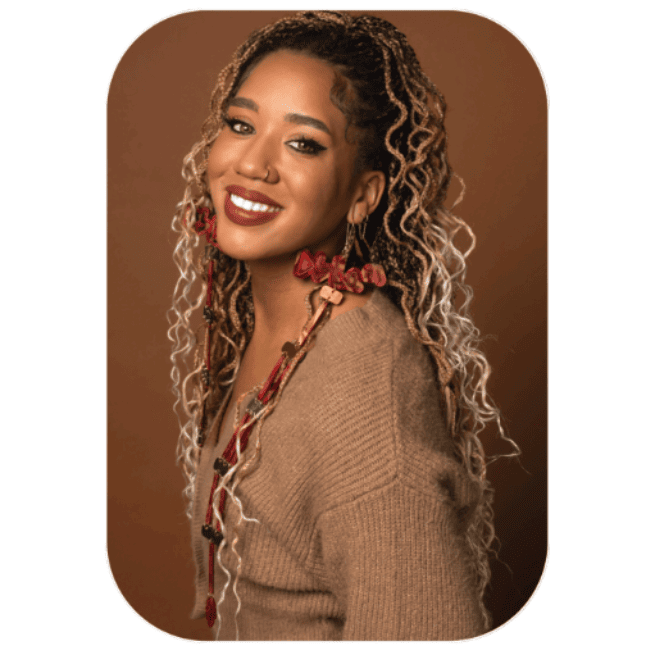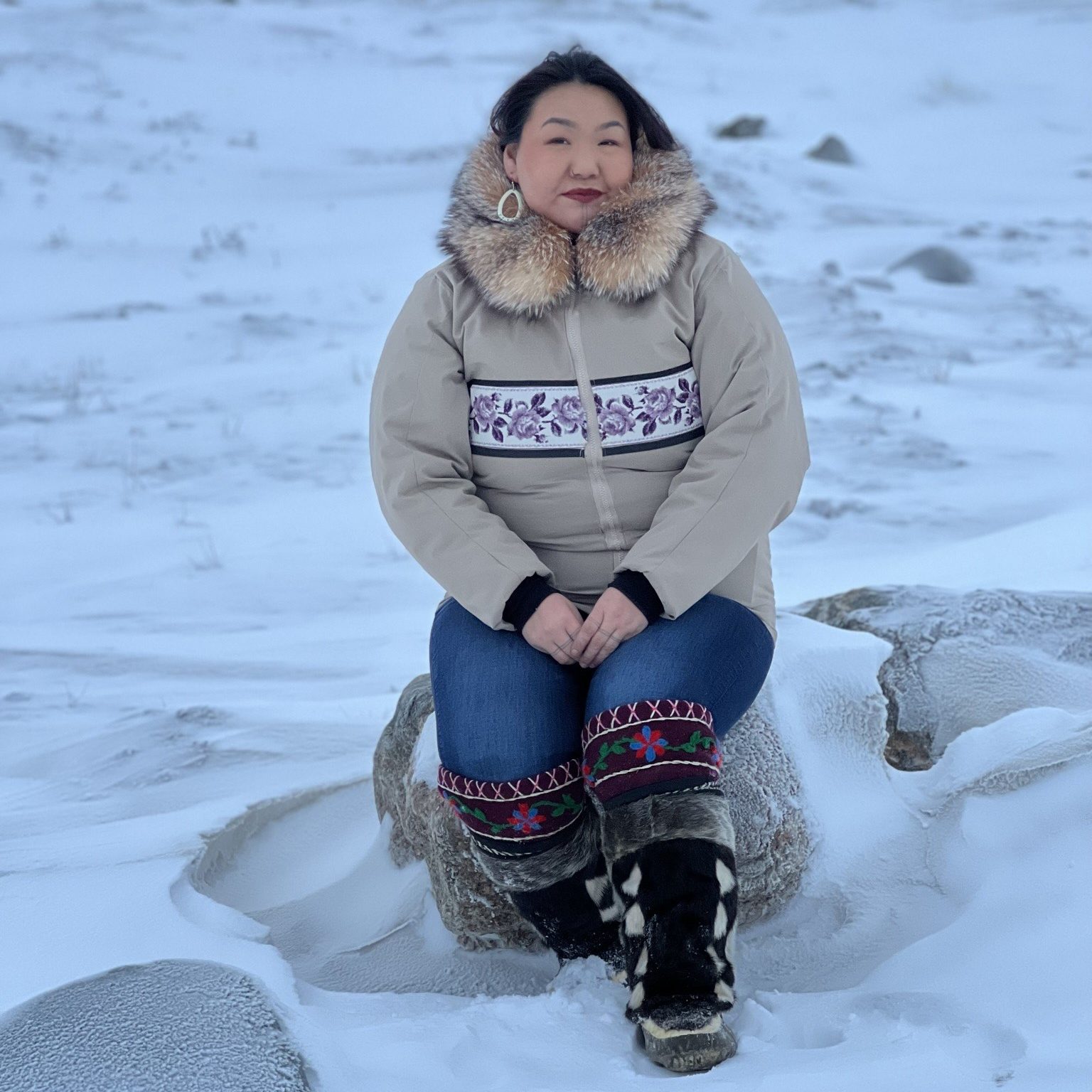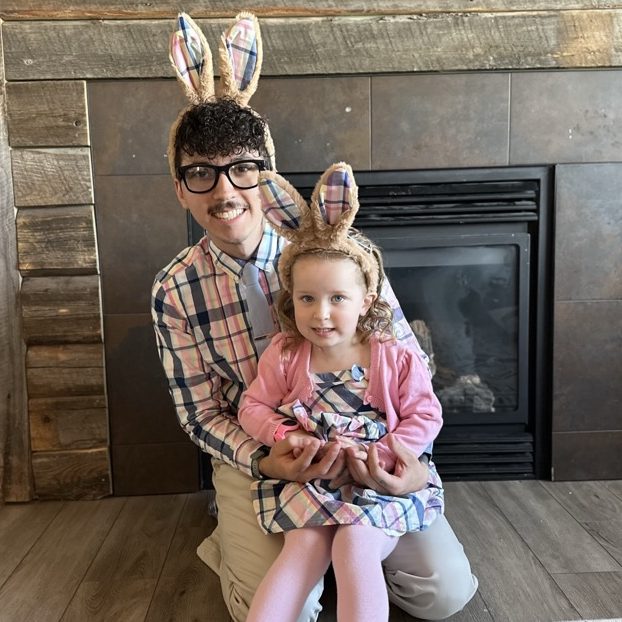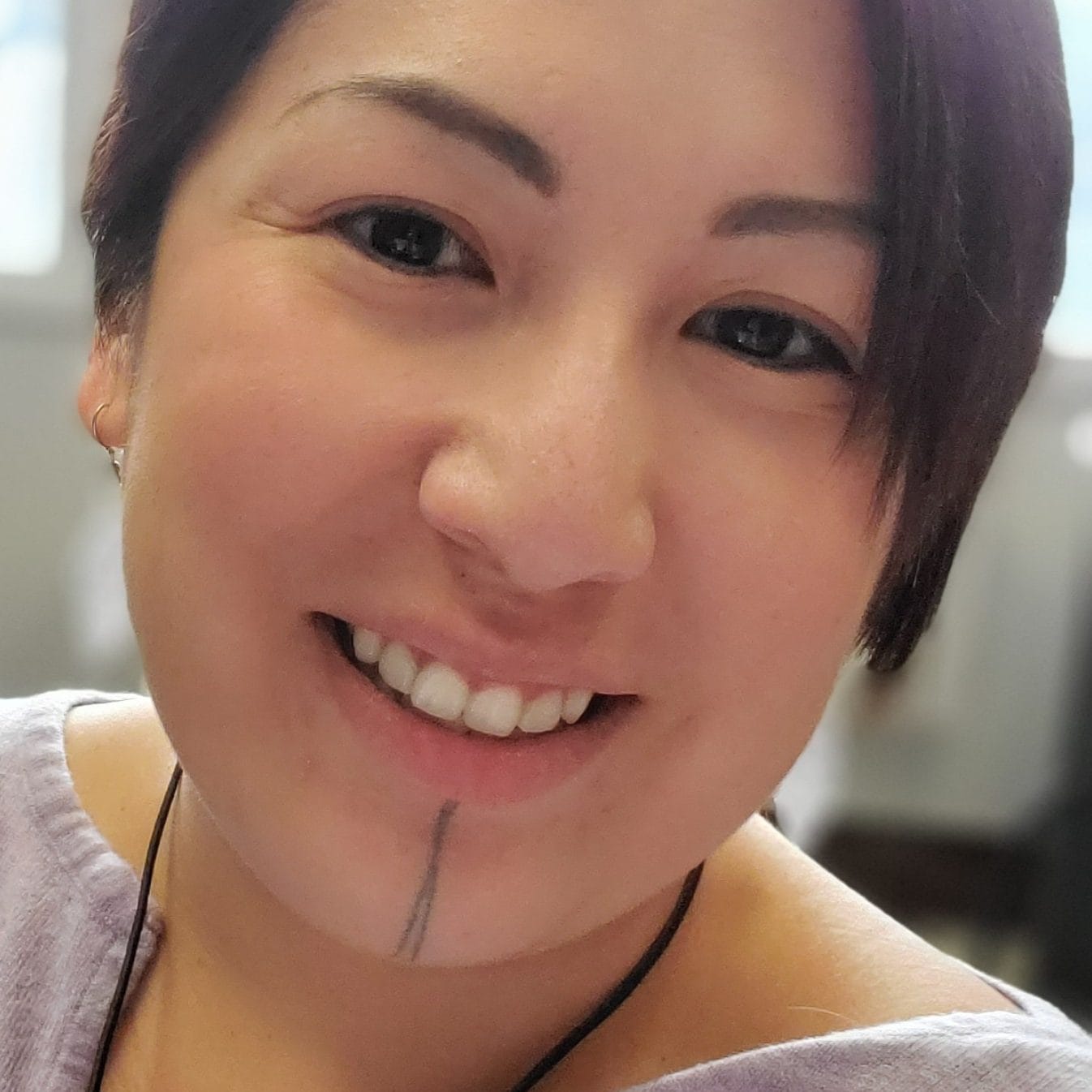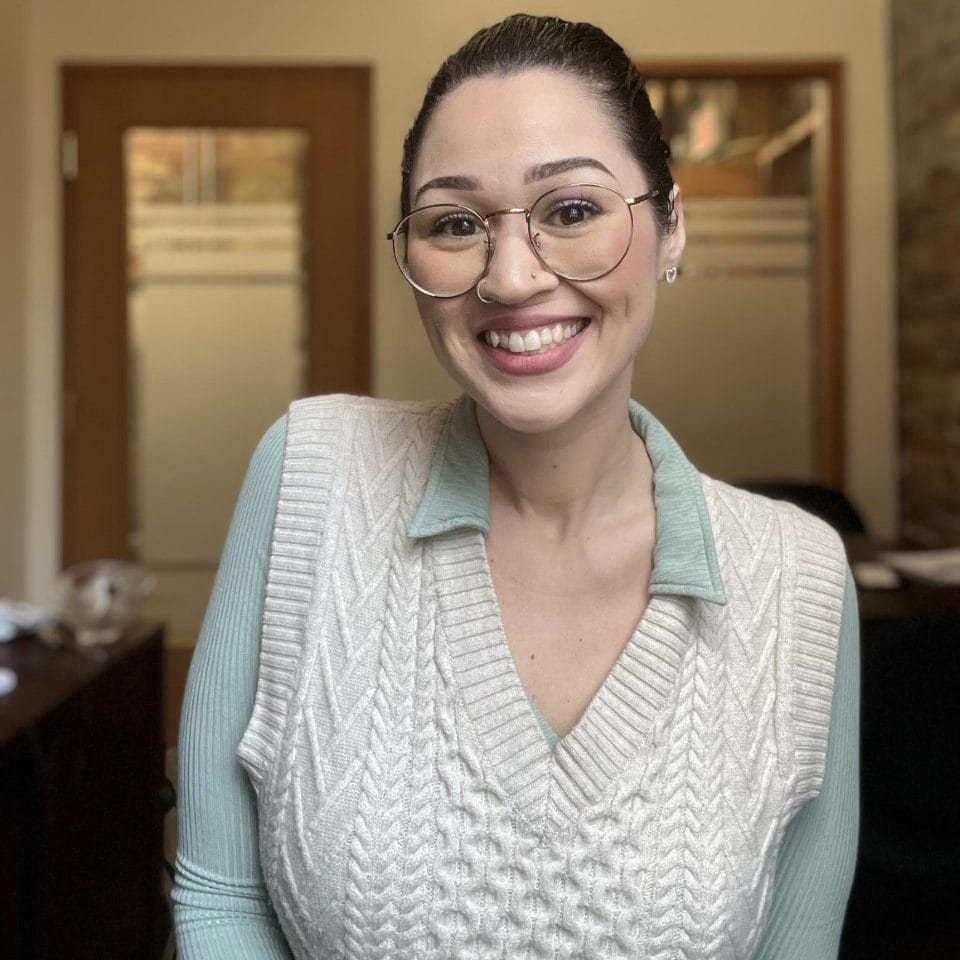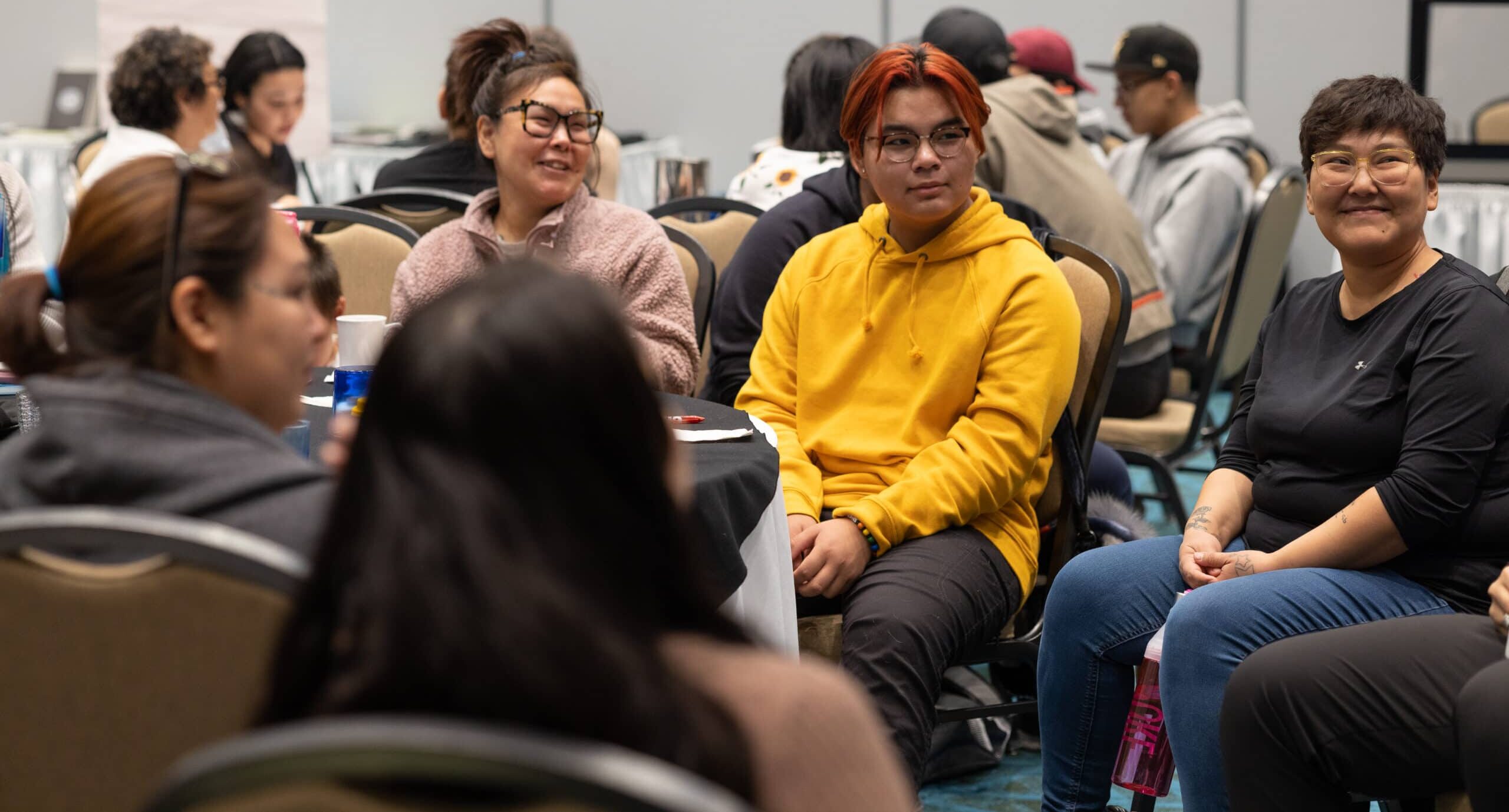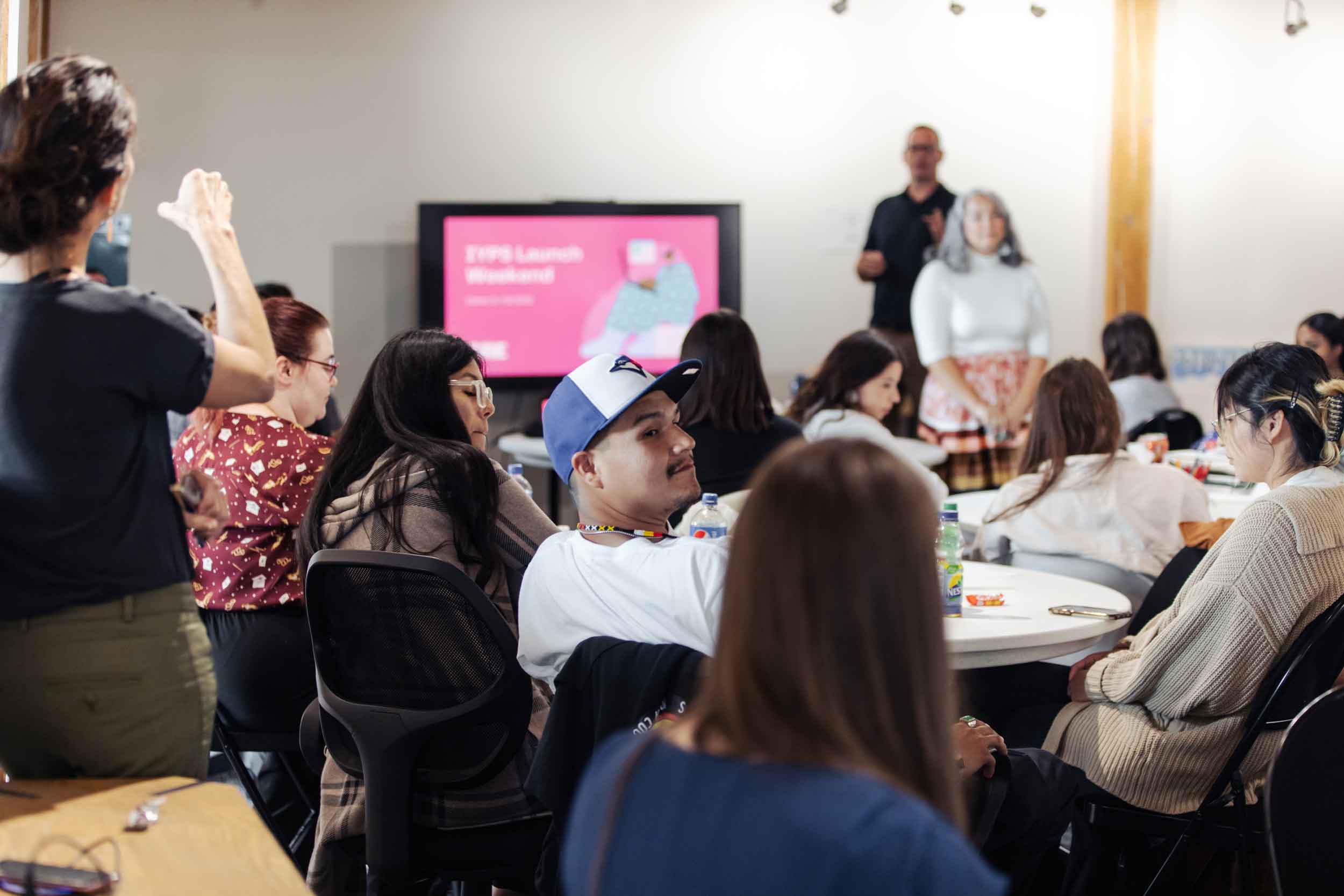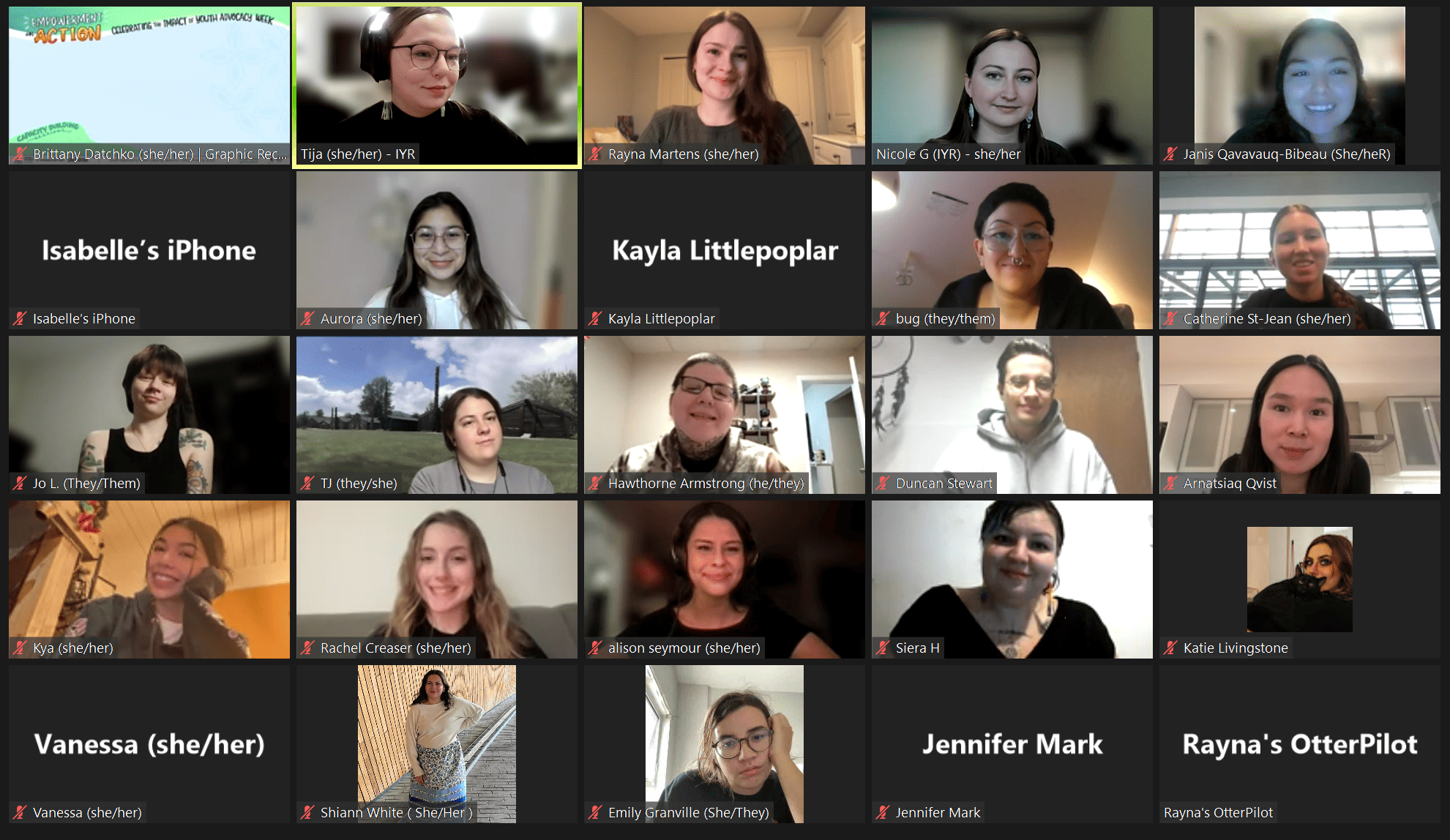TL;DR
Following up our 2019 National Youth Reconciliation Barometer the Indigenous Youth Reconciliation Barometer 2.0 will be engaging solely with Indigenous youth to better understand how Indigenous youth envision their own empowerment and futures by exploring everything from culture and wellness to solidarity, reconciliation, and meaningful work.
Status
Closed
Details
Following up our 2019 National Youth Reconciliation Barometer the Indigenous Youth Reconciliation Barometer 2.0 will be engaging solely with Indigenous youth to better understand how Indigenous youth envision their own empowerment and futures by exploring everything from culture and wellness to solidarity, reconciliation, and meaningful work. Project activities will be guided by an Advisory Circle and will culminate in a report which can be used to inform policy decisions that impact Indigenous youth and their communities. This large-scale research project in collaboration with Mastercard Foundation and with support from The Firelight Group!
Our engagements will consist of six in-person sharing circles from coast to coast to coast, as well as an online survey. All in-person engagements and the survey will be open to self-identifying Indigenous youth ages 18-29 living in Canada, with in-person engagements being open to local Indigenous youth. In-person engagement and survey participants will all receive an honorarium! We can’t wait for you to be a part of this initiative.
Before signing up for in-person sessions, or completing the survey please read through all of the important information on this project below. Keep watching our socials and website for when registration for the other sessions is open, and for when our survey launches!
Barometer Advisory Circle
To ensure engagement is guided by community priorities, subject matter experts have been asked to support in the form of an advisory circle. We are grateful for the time and knowledge that each member has and continues to share with us!
Partnerships
Funder: Mastercard Foundation
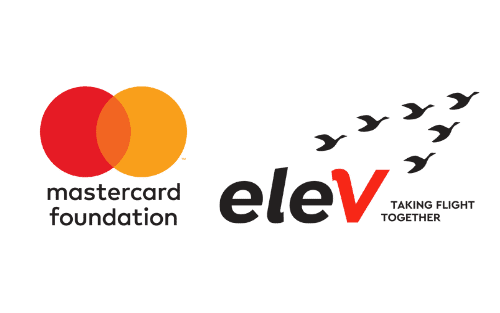
This project is funded by Mastercard Foundation (the Foundation) through their EleV Program, and by IYR, with the majority of funding coming from the Foundation. The first iteration of this project, the National Youth Reconciliation Barometer, was also supported by the Foundation.
As per the Foundation, here you can find a bit more information about EleV:
- The goal of the EleV Program: “The vision for EleV – a vision co-created and confirmed with Indigenous youth and communities – is for Indigenous young people to be living Mino Bimaadiziwin, which means ‘a good life’ in the Anishinaabe language. EleV’s goal is for education and employment systems to be transformed to enable 100,000 Indigenous young people to access post-secondary education and transition to meaningful livelihoods by 2030. It is an ambitious goal, but we are not walking this road alone nor are we leading the way. We know the solutions are found in the vision and values of Indigenous youth. Our role is to support their initiatives, their efforts, and their ideas for transformative change”*
- Strategic Outcomes of the EleV Program: “Achieving this goal requires action to ensure:
- Indigenous youth access and succeed in transformed education and training systems reflecting Indigenous ways of knowing, being and learning.
- Indigenous youth have access and opportunities, and can successfully transition to meaningful livelihoods.”
The goals of the Barometer 2.0 align in many ways with those of the EleV Program, and in line with those the following objectives were identified:
- Gain an understanding of what Indigenous youth-guided priorities across education and economic sectors should look like;
- Fill existing research gaps about Indigenous youth empowerment and futures;
- Demonstrate forward-looking youth priorities in hopes to inform policy and program decisions at the local, provincial/territorial, and national levels; and
- Impact meaningful and sustainable systems change, as led, and defined by Indigenous youth.
As we explore many important and complex themes throughout the project, the way in which we speak to them and how they come through in the final research is yet to be defined and will remain flexible and fluid, to be defined as we progress through the various stages of the project. Ensuring the project narrative is guided by youth is our main priority to ensure the data truly serves the community and can be used to support ongoing efforts by youth to advance community interests and well-being.
*It is worth noting, that the vision of EleV “Mino Bimaadiziwin” does come from the Anishinaabe language, however, both the goals of their program, as well as the wider project goals of the Barometer are for all Indigenous youth from coast-coast-coast
Research Partner: The Firelight Group
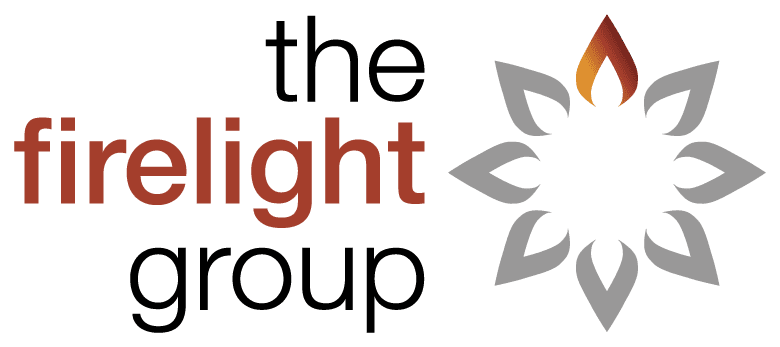
We are very excited to be working with The Firelight Group, an Indigenous-owned consulting group that works with Indigenous communities in research, policy, and other areas! As we are hoping to engage with over one thousand youth as part of this project, we are working with Firelight to utilize their expertise and experience in analyzing data.

